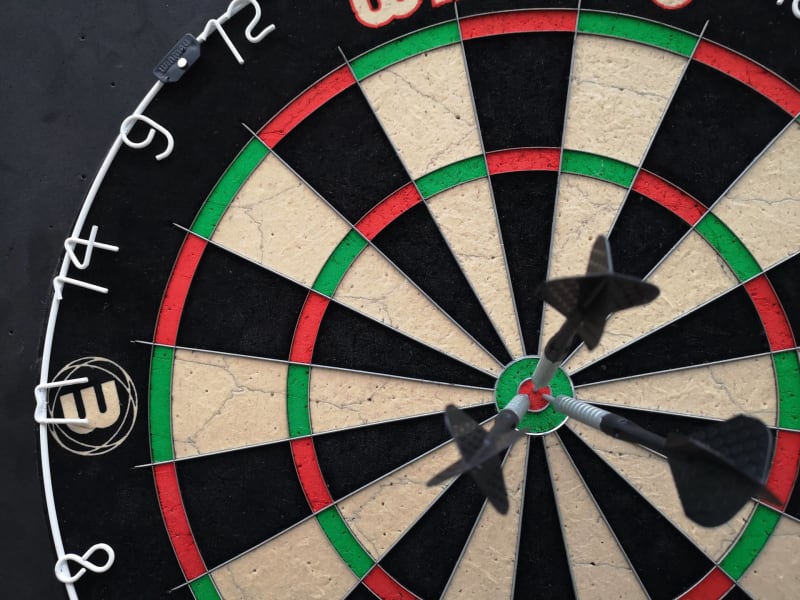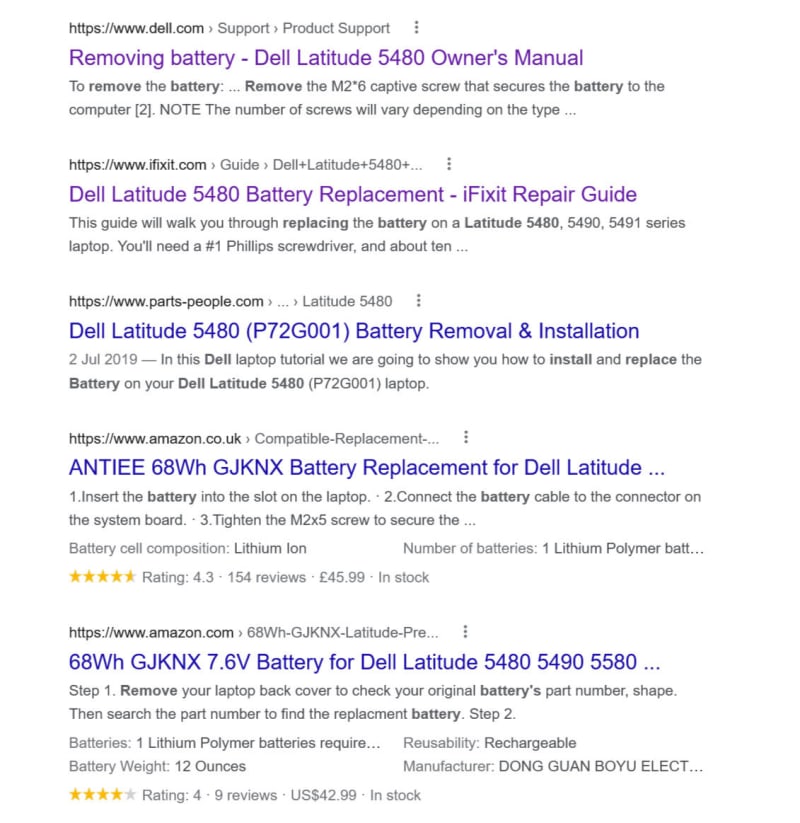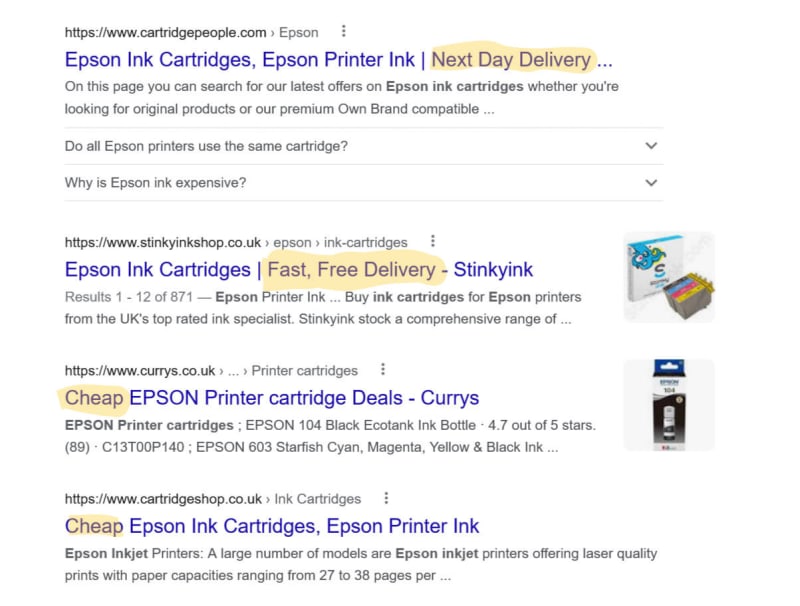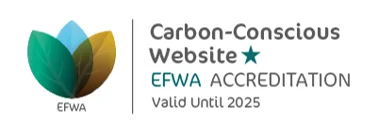
If you’re using all the right keywords on the pages of your website, but your site still isn’t ranking particularly well, then it could be because you’re not doing it right. And you wouldn’t be the only one.
Yes, keywords still have their place, but it’s no longer a case of simply using them appropriately on the pages of your site and expecting your site to appear on page one of search results. It’s also about understanding the ‘search intent’ behind those words. If you want your content to rank well in Google, an appreciation of search intent is vital.
But what exactly is search intent and how do you identify it? We take a look.
What is search intent?
Whenever anyone types anything into a search bar, they are looking for something specific, whether that’s an answer to a question or a particular resource. ‘Search intent’, also known as user intent or audience intent, refers to the purpose behind this search. It’s the ‘why’ behind the search. If you can understand this and so realise what searchers need when they search, you will be in a much better position to create the right content for them.
Why is search intent important?
As covered in the last blog on SEO ranking factors, if you want your website to feature high up in search results, you can’t ignore SEO, and a big part of SEO is search intent.
Google, and other search engines, want to give users the best search experience possible, which means they don’t just want to show pages that might fit a search query, they want to show the ones that definitely do. They want to ensure all search results are not just relevant but align as much as possible with why the user searched for that word or phrase, i.e., the search intent.

What are the different types of search intent?
While there are an infinite number of search terms, there are only four primary types of search intent.
Navigational
This is when users are trying to visit a specific website and either don’t know the correct website address, are looking for a specific page, such as the login page, or find it easier to type the name into the search bar rather than typing out the full URL. For example:
- BBC news
- PayPal login
These searches tend to use website or brand names.
Informational
This is one of the most common types of search intent and is when a user asks a specific question or wants to know more about a particular topic, such as:
- How to make a Christmas cake
- When are the Easter bank holidays 2023?
- Directions to Heathrow airport
Although users are normally looking for information, they won’t necessarily type a question into the search bar. For example, someone who just types ‘Ebenezer Scrooge’ is likely to be looking for information on his character or what book he appears in. Either way, this is still an informational search.
If a search query includes a question word (how, what, who etc) you can usually infer an informational search intent. Other words that imply this intent are ‘guide’, ’tips’, ’learn’ and ‘ideas’. But an informational search intent may not have any of these. I recently searched for ’tablespoon size’ as I was following a recipe and I wasn’t sure about how much sugar to add. It was a query with pure informational intent but without a question word.
Investigational/Commercial
81% of us conduct online research before we buy anything. This type of research is classed as investigational/commercial search intent and is when users are trying to work out which products and services are the most suitable. These searches often look for reviews or comparisons and may or may not include brand names.
- Best Italian restaurant near me
- Woocommerce vs Spotify
- What are the best mirror-less cameras?
A lot of local searches, such as ‘plumber near me’ or ‘cheap hotel High Wycombe’ all have commercial search intent as do searches that include the words review, best, alternative etc.
Transactional
When users are looking to make a purchase, whether that’s a product, service or subscription, this is transactional search intent. These users have already researched the product, know exactly what they are looking for and are now looking for a place to make a purchase. These searches tend to include brand names and words such as buy, deal, discount, cheapest, sale etc.
- Buy Ninja Air Fryer Max
- Cheapest Fitbit charge 4
- Samsung Galaxy Z Fold discount
How to get search intent right for your content
If you want your web pages to rank well in search engine results, then you need to understand the ‘search intent’ for queries that target these pages. Whilst this might seem simple it’s not necessarily as clear cut as I have suggested above.

If you are unclear about the intent behind a certain keyword, then do a search with this keyword in Google and check the results you get. If the top 10 results are all blog posts, the search intent is likely to be informational; if the top 10 are all product pages, the search intent is likely to be transactional. But the results may be a mixture of blog posts, reviews and product pages, in which case Google is unclear about the intent of the search phrase and you may be able to rank by producing content with different search intents.
Creating content with search intent in mind
So now we have an idea of the search intent behind a search, how do we use this knowledge?
There are 3 things you should do:
1. Create the right content type
This is the most obvious part which I referred to above. Look at the Google search results for your keyword and create content that matches the main type of content. This is likely to be a product page, a product category page, a landing page or a blog post.
For instance:
- the results of a search for ‘homemade Christmas crackers’ are all blog posts;
- the results of a search for ‘beeswax lip balm’ gives mostly product pages
- the results of a search for ‘men’s trench coats’ are mostly category pages.
So, create a page that is of the same type as the dominant search result pages for your keyword.
2. Create content in the right format
Again, the clues are in the Google search results. This really only applies to informational and investigational search intents.
If the top results tend to be list posts (e.g. top 5 cities to visit in Spain), write a list post. If the top results are step-by-step tutorials (e.g. replace battery in dell latitude 5480) then write a step-by-step tutorial.

You get the idea - match the format of the top-ranking results.
3. Think about other content factors
We’re now really refining the content by looking in the search results to see what words (often adjectives) appear in the page titles that make them stand out.
A search for ’learn ukrainian’ shows results that include the word ‘free’ or ‘fast’ showing that these are important factors for searchers of this phrase. If your page is called ‘Comprehensive Ukrainian language course’ it’s not going to rank as well as if it were called ‘Learn Ukrainian for free - fast results!’ And, of course, the content needs to reflect the title.

A search for Epson ink cartridges shows results that contain words such as ‘cheap’, ‘fast’, ‘free delivery’ etc showing that these are essential considerations for these searchers. If your page is called ‘Quality Epson ink cartridges for best results’ it’s not going to rank as well as if it were called ‘Cheap Epson ink cartridges with fast, free delivery’. Again, the content must talk about fast and free delivery as well.

You should use similar words/phrases in the title and content of your page to compete with these results the top results.
Conclusion
SEO is definitely more complex than it used to be, but one thing is clear - if your website content doesn’t take search intent into account, then it simply isn’t going to rank well as it won’t be providing searchers with what they want.
If you aren’t sure where to start or would like me to conduct an SEO audit of your website to help identify any areas for improvement, please get in touch.
